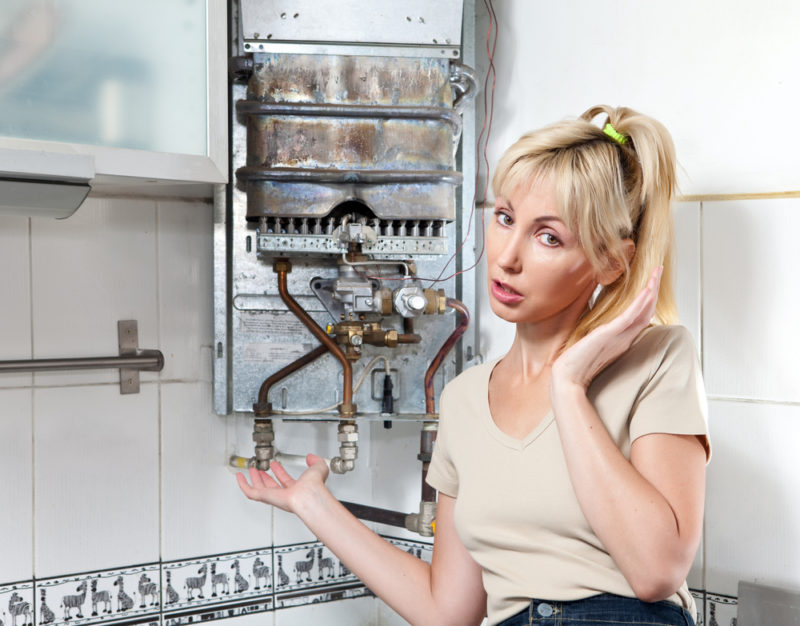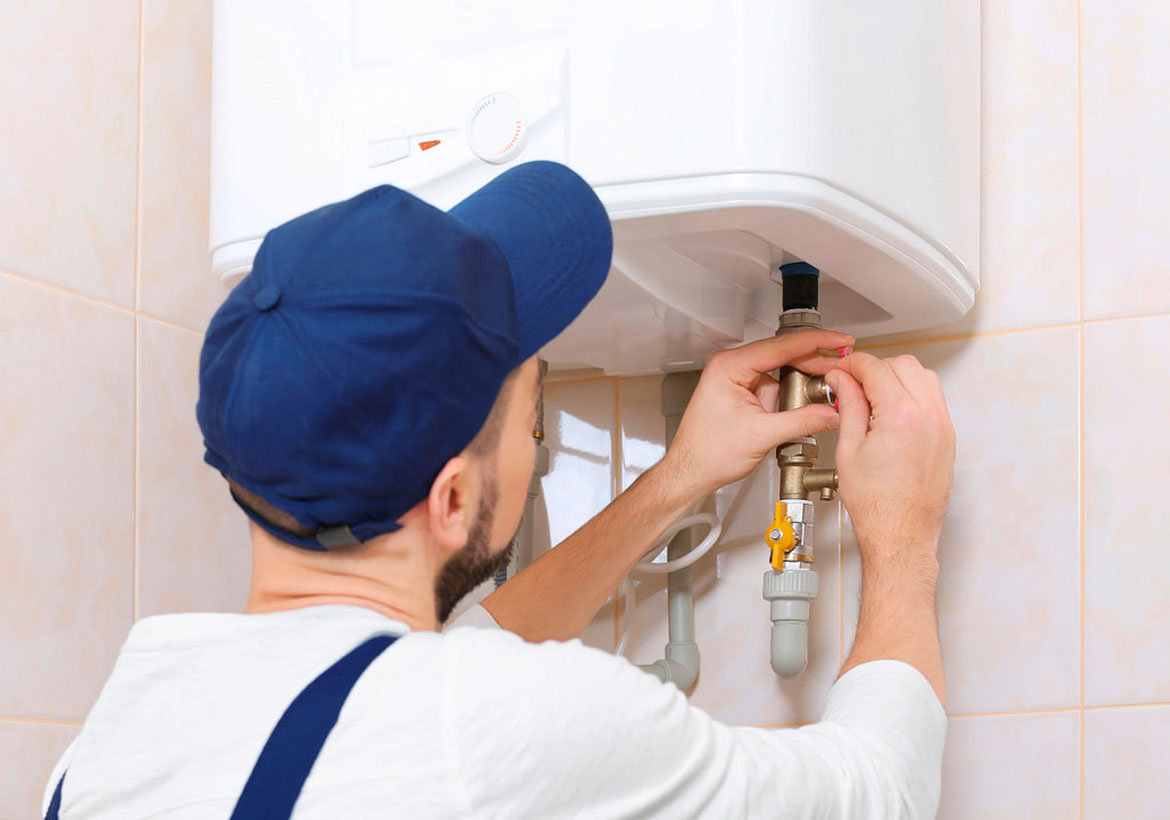Key Steps for Homeowners When Broken Hot Water Systems
Key Steps for Homeowners When Broken Hot Water Systems
Blog Article
Nearly everybody seems to have their private piece of advice involving Water Heater Burst.

Whether it lies in the basement or a different space, busted hot water heater can create tension. A common unit holds 80 gallons, so an over night leakage will lead to a flood. This leads to significant residential property damage with drenched wall surfaces and floorings. Having no warm water supply is additionally bothersome. If you are dealing with these concerns, bear in mind of the following:
Call the Plumber
After doing the very first two security steps, you have to call your plumber ahead right now to take care of a fractured hot water heater. However, remember that your system will certainly not just collapse significantly overnight. There are typically signs that your aging hot water heater has sediment buildup in the interior. Make note of the following:
Do not wait for significant flooding to call the plumber. By then, you will need to spend more to recover your home. Rather, as quickly as you find these indications, have a professional come to examine your hot water heater container. Typically, water heaters have a life expectancy of regarding 8 to 12 years. With normal inspection and also upkeep, you can extend its life.
Cut Off the Cold Water Supply
Cut off the containers touch water supply from the resource. When your storage tank is in good problem, the chilly water quits loading up when the tank is complete. If you can not find it or reach it, you should transform off that main water supply line outside your residential property.
Turn Off Power Source
Before calling the plumber, turned off a gas water heater by turning the temperature level dial. This is normally found on top of the thermostat. Change off the circuit breaker if you have a design that runs on electrical power. This will certainly protect against electrocution, especially if there is a leakage as water is a conductor. Typically, the heating element turns off when the water strikes a details temperature level. However with a damaged storage tank, it may malfunction. Cutting it off ensures you remain secure.
Clean Up Building
After calling the plumber, document damage by taking notes and also images so you can declare your property owner's insurance. Remove any kind of standing water to protect against mold and also mildew development. If you have a submersible water pump, use that to drain the water.
Keep in mind, if you see any issues with your water heating system, call the pros right away. You can not take this trouble gently because a faulty thermostat can elevate water temperature to an alarmingly high level, leading to unintended burns.
After doing the initial 2 security steps, you should call your plumber to come right away to take care of a fractured water heater. Instead, as soon as you identify these indicators, have actually an expert come to evaluate your water heating unit storage tank. Prior to calling the plumber, shut off a gas water heating system by transforming the temperature dial. If you have a submersible water pump, use that to drain the water. Keep in mind, if you observe any kind of issues with your water heater, call the pros right away.
Is My Water Heater Broken?
The Water Heater is Old
No appliance will last forever. This includes a home’s water heater. During its lifespan, residents are going to face a situation where a new water heater installation will be necessary. The biggest problem with this is that most people are not sure when their water heater expires. Not knowing this can lead to serious risks if the unit begins to act up due to old age.
Most makes and models of water heaters will last between eight and 10 years. While 10 years is the age when water heater replacement is highly recommended, the need to replace the unit may occur before this time or after. If the unit doesn’t show any symptoms of a problem, it is a good idea to replace it at the 10-year mark (from the manufacture date).
Some of the symptoms that indicate a new unit is needed include rusting, leaks, noises, and a failure to heat up the water. Also, note that not all units have a 10-year life expectancy. The main exception to this rule is that a gas unit will last for six to eight years.
Rusty Heater Inlet Valve or Water
While steel is the strongest material on earth, it does have a weakness – rust. If corrosion occurs on a steel surface, it will begin to spread and eat through the steel in certain areas. On water tanks and pipes that are made of steel, rust is a warning sign of an impending leak.
The issue for many is trying to figure out if the rust is coming from the water heater or the pipes that lead to the faucet. If rust is seen, it is a clear indication that water heater service from the professionals is needed.
If rusty water appears out of the faucets in the bathtub or sink, it likely means a rusty water heater. If there is rust near the water inlet or the pressure relief valve, rust has likely developed inside the tank. If tap water appears rusty, it may be an issue with the pipes.
Strange Sounds from the Water Heater
Are there strange sounds coming from the tank? As a water heater gets older, rumbling noises may develop and get louder and louder as the water in the tank heats up. In homes where large amounts of hot water are used, the issue is likely going to be even more obvious when more serious issues arise. If there is a strange or loud noise coming from the unit, it is probably because of sediment buildup. A good way to remedy this problem is by flushing the heater. If this does not work, then a new unit may need to be installed.
Leaks
As a water heater gets closer to the end of its useful life, there is a higher chance there will be water around the tank. If there is water, this usually means leaks are occurring. Based on where the unit is located in the home, a leak may result in serious property damage.
Leaks are usually caused by expansions in the metal tank. The expansions occur as time passes and as the inside body of the tank is exposed to multiple heating cycles per day. When a fracture forms, the gap will be slight enough to hold the water in; however, in more serious situations, this will not be the case. If the tank is idle, the water will not leak but when the metal expands during each heating system, small amounts of water will get through the gap.

Hopefully you liked our section about Water Heater Burst. Thanks a lot for taking a few minutes to read through our blog post. Feel free to take a moment to promote this blog posting if you liked it. Kudos for your time. Please check up our website back soon.
Precision work offered. Report this page